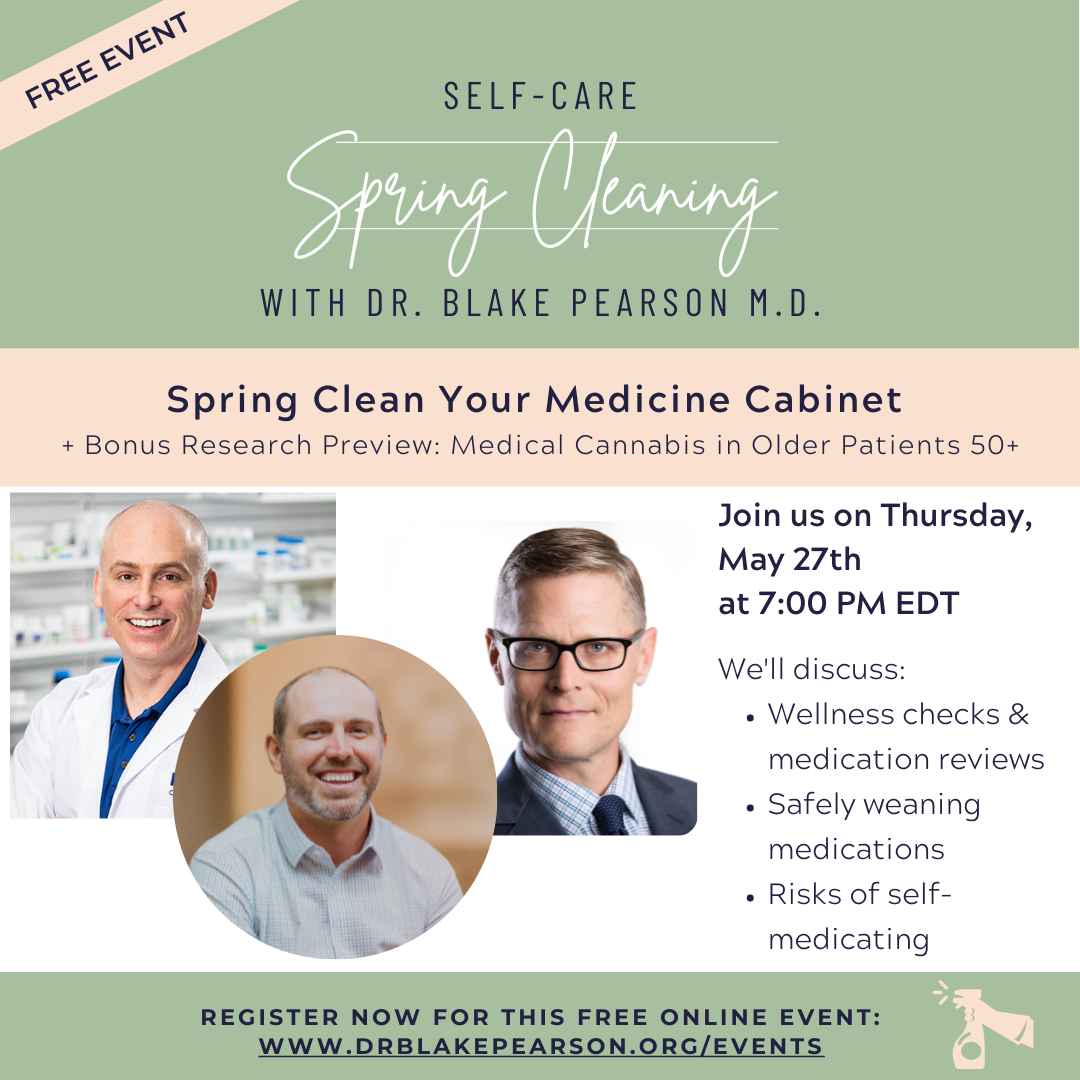New data released by the CDC has revealed that drug overdose deaths rose by close to 30% in the United States in 2020 – hitting the highest number ever recorded. As in recent years, inappropriate use of opioids was behind most of the deaths. Overdoses from opioids have been steadily worsening in the US for decades. Congress has blamed the FDA for approving new synthetic opioids and some drug-makers have been prosecuted for their role in marketing them. Doctors have also been blamed for overprescribing opioids and addicting people to them in the first place.
When are we going to stop talking about “what needs to be done” and actually introduce some bold changes here!? Sure, the FDA could introduce more oversight in prescribing – but you can’t take something away without empowering doctors with a safe and effective alternative. I won’t claim that cannabinoid-based medicine will solve this complex problem – but the fact that new doctors are graduating med school with zero knowledge about this much safer class of medicine and the majority of veteran doctors are still dismissive, is unacceptable and untenable given the evidence—especially when it comes to managing pain.
In the fight against opioid addiction we need to equip medical professionals with knowledge regarding safer alternatives AND improve patient access by providing more robust cost coverage.




